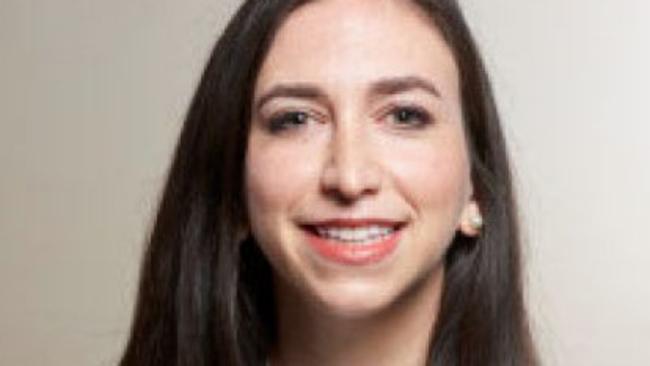Transgender woman breastfeeds baby after experimental treatment
A TRANSGENDER woman has become the first to officially breastfeed a baby after an “experimental” three-and-a-half month treatment regimen.

A 30-YEAR-OLD transgender woman from the US has been able to breastfeed her baby in the first documented case of its kind.
The case study, which did not identify the woman, was reported in the journal Transgender Health by Dr Tamar Reisman and Dr Zil Goldstein from the Mount Sinai Center for Transgender Medicine and Surgery in New York.
The experimental treatment regimen included hormones, breast stimulation and an anti-nausea drug. After one month the woman was able to express “droplets”, and after three-and-a-half months she was producing about 240mL of breast milk per day.
“She was able to achieve sufficient breast milk volume to be the sole source of nourishment for her child for six weeks,” the study authors wrote. “During that time the child’s paediatrician reported that the child’s growth, feeding, and bowel habits were developmentally appropriate.”
At six weeks, due to “concerns about insufficient milk volume”, she began supplementing with formula. The woman, who had undergone feminising hormone treatments since 2011 and developed adult-sized breasts, first presented to the clinic when her partner was five-and-a-half-months pregnant.
“She explained that her partner was pregnant but not interested in breastfeeding, and that she hoped to take on the role of being the primary food source for her infant,” the authors wrote. “This case illustrates that, in some circumstances, modest but functional lactation can be induced in transgender women.”
In addition to increased doses of hormones oestrogen, progesterone and spironolactone and the use of a breast pump to stimulate her breasts, the woman began taking the anti-naseau drug domperidone, which has been reported to increase breast milk production.

She had to purchase the drug from Canada, however, as the US Food and Drug Administration banned the drug in 2004 citing public health concerns and warning it could “expose a breastfeeding infant to unknown risks”.
“Although domperidone is approved in several countries outside the US to treat certain gastric disorders, it is not approved in any country, including the US, for enhancing breast milk production in lactating women and is also not approved in the US for any indication,” the FDA said at the time.
“In several countries where the oral form of domperidone continues to be marketed, labels for the product contain specific warnings against use of domperidone by breastfeeding women and note that the drug is excreted in breast milk that could expose a breastfeeding infant to unknown risks.
“Because of the possibility of serious adverse effects, FDA recommends that breastfeeding women not use domperidone to increase milk production.”
Speaking to Vice, Dr Reisman said the case was important because it showed “transgender healthcare, which has historically really been underground, is now moving to mainstream medicine”.
“Basically, our framework was this,” she said. “We give hormones and medications to create a hormonal environment to mimic what pregnancy does to the body. We mimic delivery. Then we do whatever we can to keep prolactin levels high so breastfeeding can continue.”
Dr Reisman conceded that “part of the risk was of the unknown”. “What doesn’t exist in the literature is, for example, a nutritional breakdown of breast milk in transgender women,” she said.
But she said both the mother and the baby were healthy. “I last saw the baby around the six-month mark,” she said. “At that point, he was really cute. And everything was going well.”
Dr Madeline Deutsch from the University of California, herself a transgender woman with a six-month-old baby, told New Scientist the practice could not be recommended because it was not clear whether transgender breast milk had the same components as that of gestational mothers.
She said the long-term impact on the baby in measures such as IQ was unknown. “I am very sad not to be able to breastfeed [my baby] and at the same time I did not consider doing this for the above reasons,” she said.




